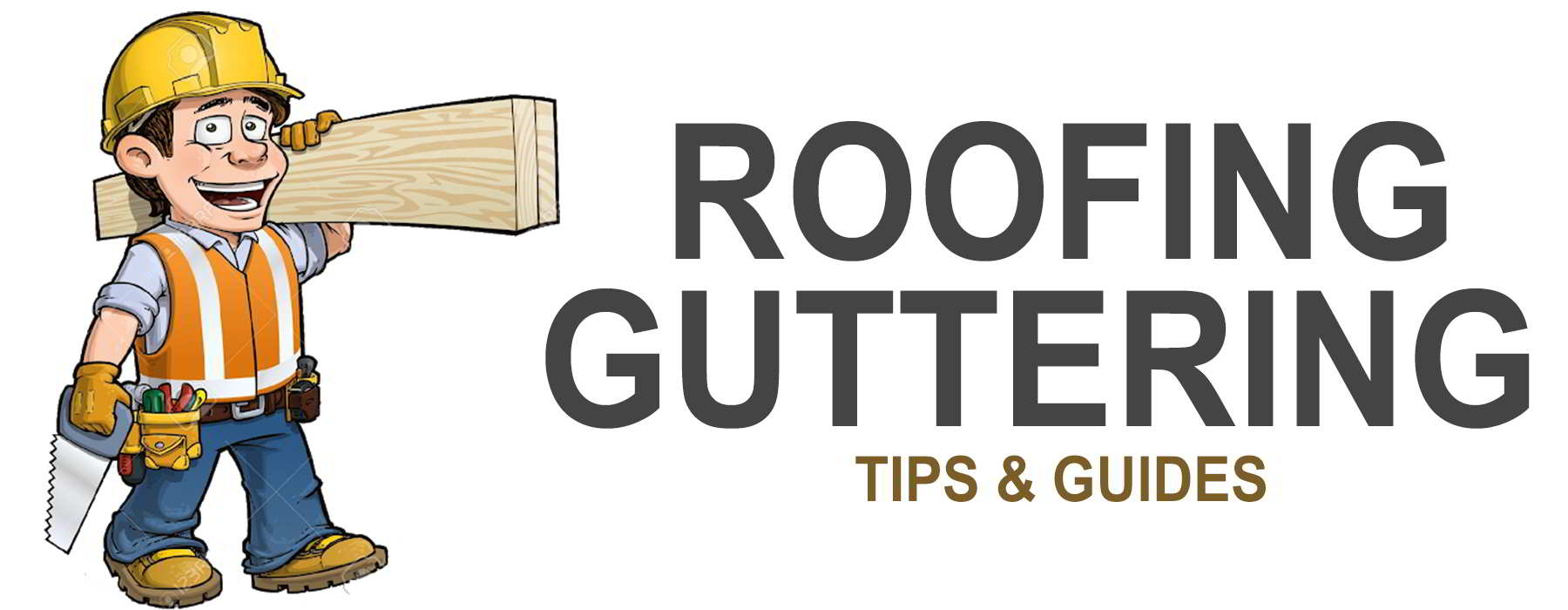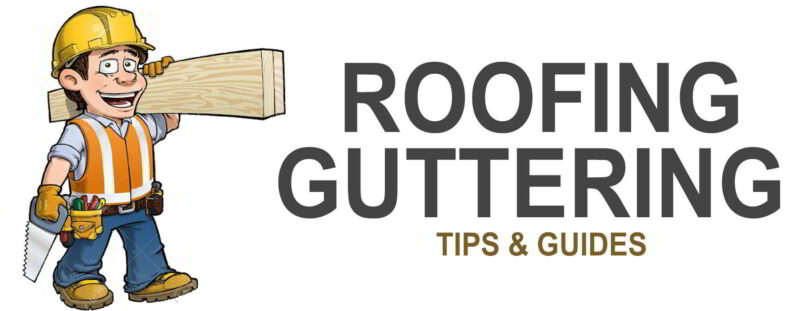The right material for your flat roof is not about what has the better lifespan; other factors come into play, such as how exposed is the roof to the weather and crosswinds, will it have any foot traffic on it and similar questions.
You must choose the best flat roof material for the project, and this is done by stepping back and considering the overall look you want, the type of performance you need, and how maintenance-friendly is it.
EPDM Roofing
Ethylene Propylene Diene Monomer (EPDM) is a rubber roofing system fitted without joins, making it an attractive prospect on many levels. Simple and safe to install, the synthetic rubber is glued to a clean roof decking with no naked flames. A wet bonding adhesive and a stronger contact adhesive are applied around the perimeters. Trims are fitted around the edges to waterproof the flat roof – giving a smooth, clean finish.
Extremely lightweight, tough, and elastic and with a lifespan of over 50 years, you can see why it is becoming fairly popular in Dublin. EPDM roofs allow for easy installation of skylight windows into a flat roof compared to the other roofs.
Traditional Felt Roofs
Bitumen flat roof felt is affordable and provides an effective waterproofing solution for flat roofs, sheds and garages. The longevity of the roof depends on the quality of the materials used. The pour and roll process is used where bitumen is supplied in blocks, broken up and heated in a boiler until molten. Once at the correct temperature, it is ladled into a bucket and poured hot onto the deck, insulation, or lower layer of the membrane.
Bitumen Roofing – Torch On Felt
Torchon flat roof felt comes in roll format. A base felt is pulled on rollers through large tanks of bitumen mixes until saturated with a tar-like bitumen mixture in the manufacturing process. The result is a roll of water-resistant yet breathable material.
Modified bitumen refers to when the tar has been mixed with filler components. These fillers provide rigidity and tear resistance. Fillers can include limestone, sand or polymers, including styrene-butadiene-styrene (SBS) – a synthetic rubber additive that increases elasticity. The advantages of SBS modified torch-on are a faster flow of bitumen, less heat required (resulting in cost, time and energy savings) and greater flexibility in cold climates.
Torch-on flat roofing construction follows the same principles as pour and roll, except that modified bitumen adhesive is applied to the felt during manufacture. Heated onsite with a gas torch, the modified bitumen pours down the roll’s face to form a small pool. The felt is rolled forward into the hot bitumen.
GRP – Fibreglass Roofs
The installation of a GRP roofing system is highly regarded for its simplicity and safety. At the same time, the finished product it produces is recognised as having a lifespan that easily betters that of a felt roof.
GRP flat roofs begin with a layer of catalysed resin applied to good quality, completely dry roof decking, ideally OSB3 wood. A layer of fibreglass matting is then laid on top, followed by another layer of catalysed resin to complete the system. Once cured, a fire retardant topcoat resin is applied to completely weatherproof the roof and give it a more attractive finish.
GRP has an average of over 60 years, combined with the price; this makes it the number one option for a flat roof in Dublin.
You can learn more about our felt roofing repairs and installation services for Dublin or call us on 01 264 6790 to talk with one of our team.

